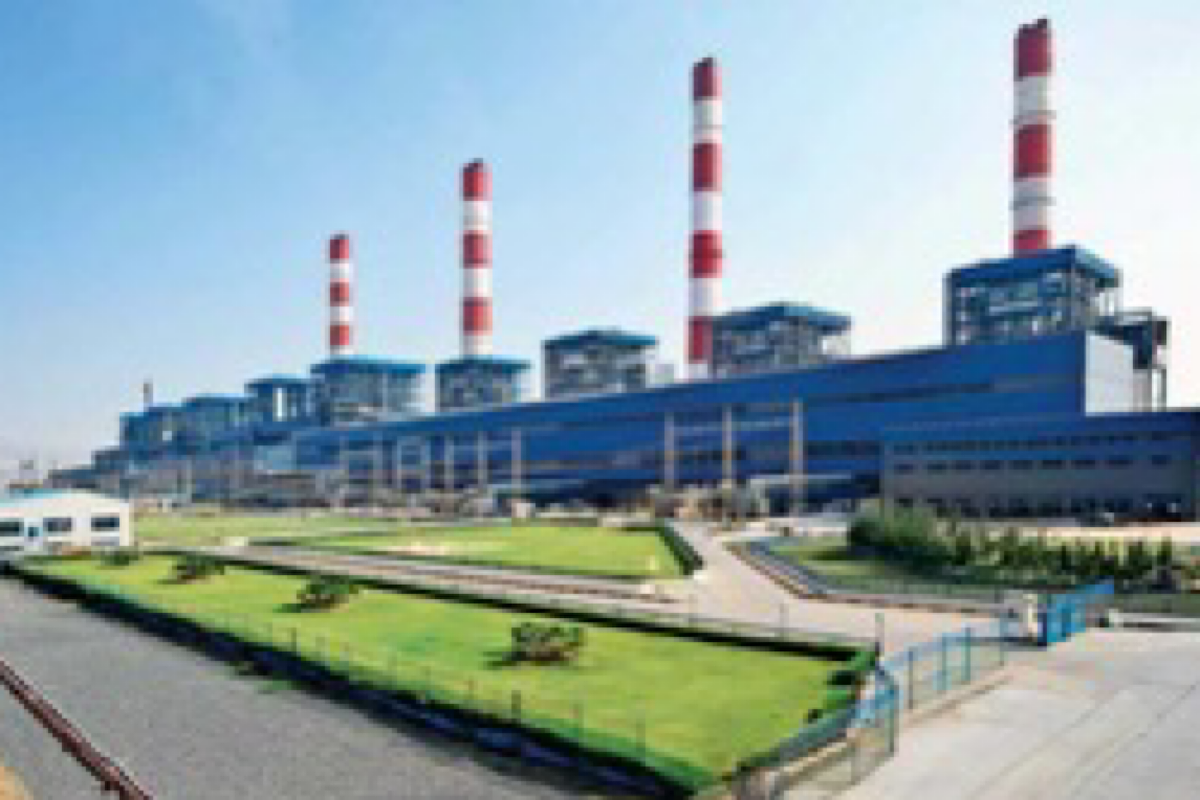Stock market ends higher, Adani Enterprises top gainer in Nifty 50
The Indian equity market closed in the green on Tuesday amid favourable domestic and global cues, as Adani Enterprises was the top Nifty 50 gainer.
It will create 2,000 direct and 5,000 indirect employment opportunities.

Adani’s copper unit in Mundra begins operations, to generate 7,000 jobs
Making a debut for the Adani Portfolio in the metal industry, Kutch Copper, a subsidiary of Adani Enterprises Limited (AEL), on Thursday commissioned the first unit of its greenfield copper refinery project at Mundra, Gujarat, by dispatching the maiden batch of cathodes to customers.
It will create 2,000 direct and 5,000 indirect employment opportunities.
Advertisement
Adani Enterprises is investing nearly $1.2 billion to set up a copper smelter with 0.5 MTPA (million tonnes per annum) capacity in the first phase.
Advertisement
“With Kutch Copper commencing operations, the Adani portfolio of companies is not only entering the metals sector but also driving India’s leap towards a sustainable and ‘aatmanirbhar’ (self-reliant) future,” said Gautam Adani, Founder and Chairman of Adani Group.
“Our speed of execution in this ambitious, super-sized project underscores our commitment to take India to the forefront of the global copper sector,” Gautam Adani added.
On completion of the second phase that will add similar capacity, Kutch Copper — with 1 MTPA — will be the world’s largest single-location custom smelter, benchmarking ESG performance standards while leveraging state-of-the-art technology and digitalisation, the company said in a statement.
“We believe the domestic copper industry will play a crucial role in achieving our nation’s goal of carbon neutrality by 2070 by strengthening our green infrastructure hand in hand with mature environmental stewardship,” Gautam Adani added.
“When commissioned, our modern smelter will set new benchmarks in copper production, with an enhanced thrust on innovative green technology,” Adani Group Chairman added.
The demand for copper will be driven by renewable energy, electric vehicles, charging infrastructure, and the development of power transmission and distribution networks.
The technology used by Kutch Copper is engineered to have the lowest carbon footprint.
One-third of the plant area has been designated as green belt space, and 15 per cent of the capital has been allocated towards environmental protection.
To minimise the ecological impact, the plant has implemented a zero-liquid discharge model and uses desalinated water for operations. It also recycles treated wastewater within processes to reduce waste, said the company.
Advertisement